|
As we near the end of our annual donations campaign I want to thank all the generous people who have supported The Conversation. Every donation makes a difference and helps us continue to bring you quality evidence-based journalism written by experts.
We especially cherish the kind and thoughtful messages of support so many of you send at this time of year. It’s a privilege to be part of a project that brings people together and it’s gratifying to see so many people care about the role of quality media in building a society based on respect and understanding.
On behalf of the whole team, I want to extend our thanks to every single donor and advocate for The Conversation. I also want to renew my promise to you that we will do everything in our power to bring you research and commentary that is rigorous, independent and ethical. Our work will remain free to read, free to share and free of any commercial agenda.
Finally, with just a few days to go we need 1,000 more donors to reach our target of 20,000 Friends of the Conversation. No gift is too small, so if you’d like to join the army of wonderful people who already support us, please donate here.
Also today, the first census data have been released over night, with more to come. Peter Martin gives an overview of what we know so far, and Renae Barker discusses the growing proportion of Australians describing themselves as having
“no religion”. More analysis will follow from 10am.
|

|
Misha Ketchell
Editor
|
|
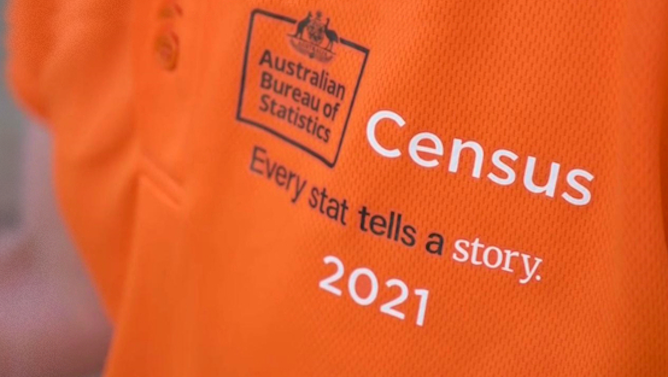
Peter Martin, Crawford School of Public Policy, Australian National University
India is now the third-largest birthplace of Australian residents behind Australia and England, while for the first time less than half of the population has identified as Christian.
|
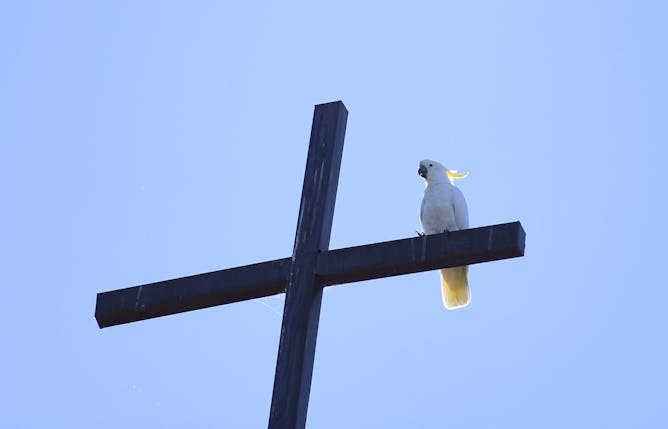
Renae Barker, The University of Western Australia
An ongoing shift in Australia’s religious demographics is playing out in our laws. Perhaps the most obvious example is marriage equality.
|
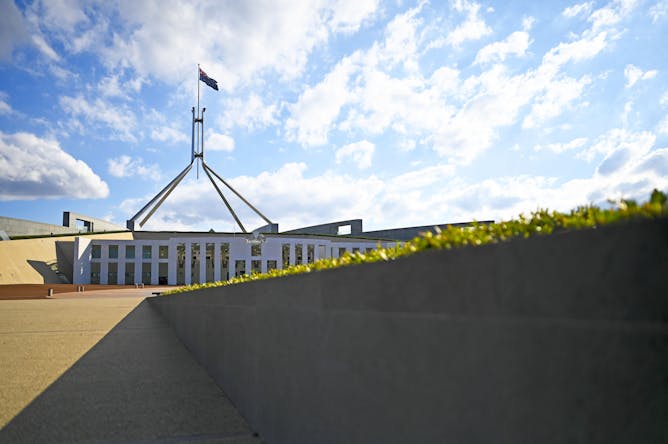
Tim Payne, University of Sydney
The government seems unaware that independent MPs carry an enormous workload
|

Peter Wark, University of Newcastle
We need to take an urgent look at how we manage and treat long COVID. If we don’t start planning now, the problem will only get worse.
|
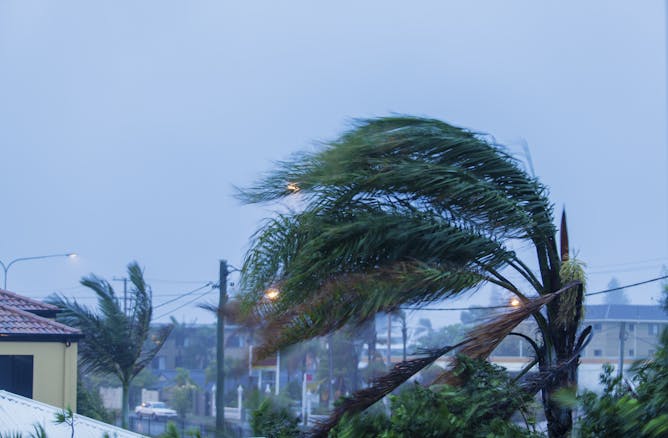
Savin Chand, Federation University Australia
A reconstructed record of cyclone activity going as far back as 1850 has revealed interesting trends, both around Australia and globally.
|

Catherine Legg, Deakin University
Ludwig Wittgenstein’s brilliant early work has had a lasting influence on philosophy, though almost no one has agreed with his conclusions – not even Wittgenstein himself.
|
Politics + Society
|
-
Robert G. Patman, University of Otago
At a time of geopolitical uncertainty, New Zealand’s government has distinctive reasons for opposing Putin’s Ukraine invasion and expressing public reservations about China’s ambition in the Pacific.
-
Sean Winter
Christian support for legislation prohibiting abortion is a cultural and political stance. It has nothing to do with the Bible.
|
|
Health + Medicine
|
-
Ivan Charles Hanigan, Curtin University; Aditya Vyas, Curtin University; Colin D. Butler, Australian National University; Natasha Kuruppu, Curtin University
New research has found suicides increase during drought, and climate change will see more drought in Australia.
-
Wayne Hing, Bond University; Leigh McCutcheon, Bond University
Dry needling and Western acupuncture don’t incorporate traditional chinese medicine philosophies – but may be helpful for pain and releasing muscle tension.
|
|
Science + Technology
|
-
Mark Andrejevic, Monash University; Gavin JD Smith, Australian National University
Private companies and public authorities are beginning to implement facial recognition technology, even without rules to govern what they can do.
|
|
Environment + Energy
|
-
Jake M Robinson, Flinders University; Jakki Mohr, The University of Montana; Martin Breed, Flinders University; Peter Harrison, University of Tasmania; Suzanne Mavoa, The University of Melbourne
From discovering hidden populations of vulnerable newts to dropping “seed bombs”, two new research papers show how genomics and drones help restore threatened ecosystems.
-
Stuart Khan, UNSW Sydney
Labor has promised to ‘future-proof Australia’s water resources’. It’s a massive job. Here are the actions the government should prioritise.
|
|
Education
|
-
Lucas Walsh, Monash University
Difficulties in attracting and retaining teachers have a lot to do with the conditions they find themselves working in. Here are 3 ways to develop a school system that’s fairer and better for all.
|
|
Arts + Culture
|
-
Dominic Redfern, RMIT University
From J.M.W. Turner to Yayoi Kusama, this exhibition explores 200 years of art about light.
-
Rod Davies, Monash University
Australia is seen as a country that does not value musicians the way they are valued elsewhere in the world.
|
|
Books + Ideas
|
-
Julieanne Lamond, Australian National University
Frank Moorhouse devoted himself to advancing the interests of authors, but his greatest legacy is his own writing.
|
|
| |
|
|
|
Cranlana Centre for Ethical Leadership at Monash University
Melbourne VIC, Australia
•
Full Time
|

|
|
Auckland University of Technology
Auckland, New Zealand
•
Full Time
|

|
|
Auckland University of Technology
Auckland, New Zealand
•
Full Time
|

|
|
Bond University
Gold Coast QLD, Australia
•
Full Time
|

|
|
|
|
| |
| |
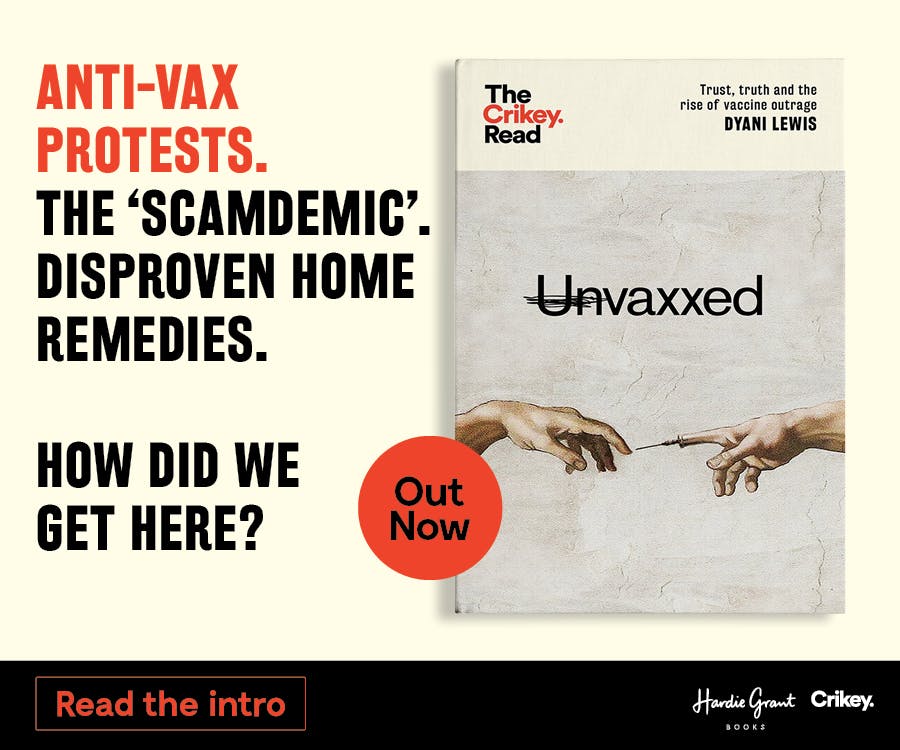
|
| |
| |
| |
Featured Events, Courses & Podcasts
|
View all
|
|
|
|
| |
| |
| |
| |
| |
|
|